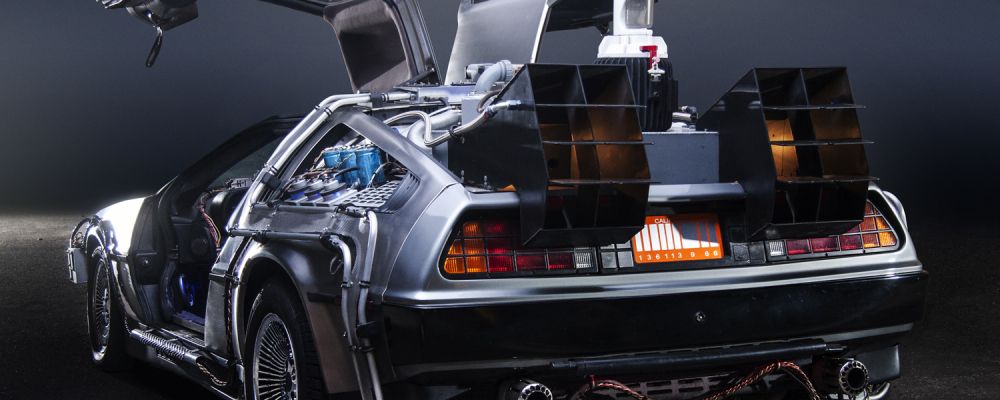Jan 29, 2015
Dr. Ken Hayworth, Part 3: If we can build a brain, what is the future of I?
Posted by Johnny Boston in categories: augmented reality, biotech/medical, entertainment, existential risks, futurism, neuroscience, particle physics, philosophy, physics, quantum physics, science, singularity
The study of consciousness and what makes us individuals is a topic filled with complexities. From a neuroscience perspective, consciousness is derived from a self-model as a unitary structure that shapes our perceptions, decisions and feelings. There is a tendency to jump to the conclusion with this model that mankind is being defined as self-absorbed and only being in it for ourselves in this life. Although that may be partially true, this definition of consciousness doesn’t necessarily address the role of morals and how that is shaped into our being. In the latest addition to The Galactic Public Archives, Dr. Ken Hayworth tackles the philosophical impact that technologies have on our lives.
Our previous two films feature Dr. Hayworth extrapolating about what radical new technologies in neuroscience could eventually produce. In a hypothetical world where mind upload is possible and we could create a perfect replica of ourselves, how would one personally identify? If this copy has the same memories and biological components, our method of understanding consciousness would inevitably shift. But when it comes down it, if we were put in a situation where it would be either you or the replica – it’s natural evolutionary instinct to want to save ourselves even if the other is an exact copy. This notion challenges the idea that our essence is defined by our life experiences because many different people can have identical experiences yet react differently.
Hayworth explains, that although there is an instinct for self-survival, humanity for the most part, has a basic understanding not to cause harm upon others. This is because morals are not being developed in the “hard drive” of your life experiences; instead our morals are tied to the very idea of someone just being a conscious and connected member of this world. Hayworth rationalizes that once we accept our flawed intuition of self, humanity will come to a spiritual understanding that the respect we give to others for simply possessing a reflection of the same kind of consciousness will be the key to us identifying our ultimate interconnectedness.
Continue reading “Dr. Ken Hayworth, Part 3: If we can build a brain, what is the future of I?” »















